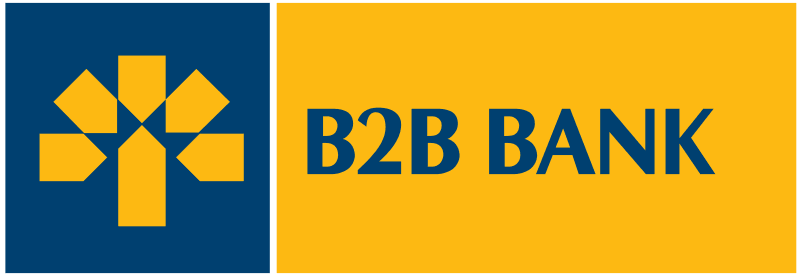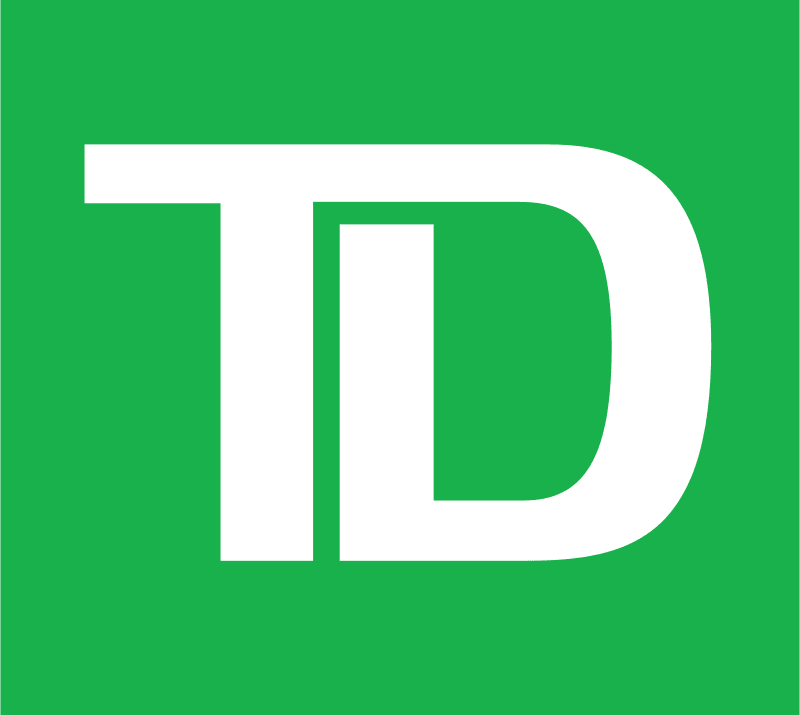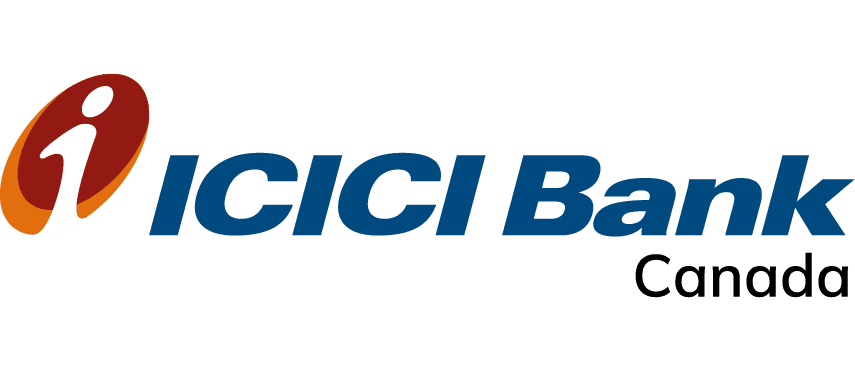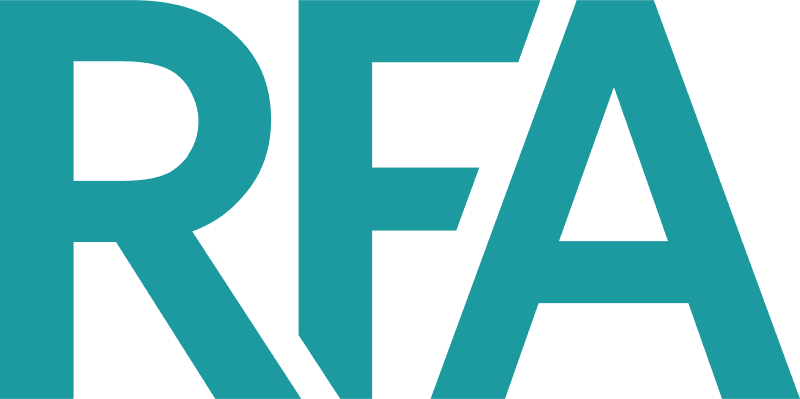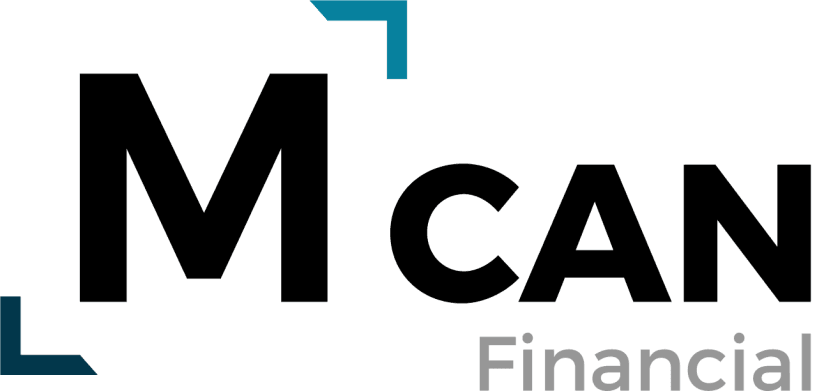Understanding Refinancing and Refinance Mortgage
Why Refinance Mortgage?
Understanding the Benefits of a Refinance Mortgage
- Interest Rate Reduction: With the Bank of Canada’s recent rate cuts, refinancing could lock in a lower rate, reducing your mortgage payments.
- Change in Loan Term: You might choose a shorter term to pay off your home faster or a longer one to decrease monthly payments.
- Switch Mortgage Types: From variable to fixed or vice versa, depending on your prediction of future rate movements.
Debt Consolidation Explained
What is Debt Consolidation? Debt consolidation involves combining multiple debts into a single loan, often with a lower interest rate. Here’s how it applies to Ontario’s cities:
- Belleville & Kingston: These smaller cities often have more affordable housing, making debt consolidation through home equity loans an attractive option for homeowners looking to manage credit card debts or personal loans.
- Ottawa: With a stable employment market, consolidating high-interest debts into a mortgage can free up cash flow for Ottawa residents.
- Brampton, Toronto, & GTA: In these high-cost areas, debt consolidation can alleviate the pressure of multiple debt payments, potentially saving money over time through lower interest rates.
Benefits:
- Simplified Payments: One payment instead of several.
- Potentially Lower Interest: Especially if using home equity as leverage.
- Credit Score Improvement: Timely payments on a consolidated loan can improve your credit rating over time.
- Business Ventures: If you’ve been dreaming of starting your own business or need capital for expansion, refinancing can provide the funds you need. The lower interest rates on mortgage refinancing compared to business loans can make this a cost-effective way to finance your entrepreneurial endeavors.
- Investment Opportunities: Home equity can be leveraged to invest in other properties or financial markets. With the potential for higher returns, this strategy can be particularly appealing in a favorable investment climate, especially if you can secure a lower interest rate through refinancing.
- Renovating your home: Renovations can significantly increase the market value of your property. Projects like kitchen remodels, bathroom upgrades, or adding living space can offer a high return on investment, making your home not only more enjoyable but also potentially more lucrative when you decide to sell.
How to Approach Refinancing and Consolidation
Assess Your Financial Health:
- Check your credit score. A better score can get you better rates.
- Evaluate your home equity. More equity means more refinancing options.
Understand the Market:
- Rates are currently favorable, but keep an eye on future economic forecasts. I can provide expert advice on timing.
Choose Your Method:
- Debt Consolidation Loan: Ideal if you have a good credit score and assets.
- Home Equity Line of Credit (HELOC): Offers flexibility but requires discipline to avoid accruing more debt.
- Debt Management Programs: Offered by credit counsellors for those needing structured debt repayment plans.
Professional Guidance:
- Engage with local financial advisors or mortgage brokers. They understand the nuances of each city’s market, from the stability in Ottawa to the fast pace of Toronto’s real estate.
Conclusion
Refinancing your mortgage or consolidating debt isn’t just about immediate financial relief; it’s about long-term financial strategy. Whether you’re in Belleville enjoying a quieter life or navigating the bustling markets of Toronto, these financial tools can be tailored to fit your unique circumstances. The current economic climate, with its lower interest rates, presents a window of opportunity to reassess your debt and mortgage strategies.
If you’re contemplating these moves, consider reaching out to me, where I specialize in crafting mortgage solutions that align with your financial goals across Ontario. Remember, the path to financial freedom or a more manageable debt load begins with informed decisions. Let’s talk about how I can help you make the most of your home equity and the current rate environment.
FAQ
Is it good to refinance your mortgage?
Refinancing your mortgage can be a smart move in Canada, but it depends on your goals and situation. It’s great if you can snag a lower interest rate—like with the Bank of Canada’s 2024 cuts bringing the key rate to 3.00%—saving you money on monthly payments and total interest, or if you need to tap into home equity for renovations, debt consolidation, or big expenses at a cheaper rate than credit cards or loans. However, it’s not always a win: breaking your current mortgage early can trigger hefty prepayment penalties (e.g., 3 months’ interest or the interest rate differential for fixed rates), plus legal and appraisal fees, which might outweigh savings if you’re close to renewal or plan to move soon. Weigh the costs against benefits—lower payments or cash access—and chat with us to see if it pencils out for you!
What are the refinance rates today?
Refinance rates in Canada depend on several factors unique to you and the market, so there’s no one-size-fits-all number. Your rate hinges on things like your credit score (the higher, the better), the amount of equity in your home (at least 20% is key), and whether you choose a fixed or variable rate—fixed offers stability, while variable can shift with the economy. It also varies by lender, loan size, and if you’re pulling extra cash from your home’s value, which might nudge rates slightly higher than standard renewals or purchases. Economic conditions set by the Bank of Canada play a role too, influencing what lenders offer. For an up-to-the-minute rate tailored to your situation, reach out to us—we’ll shop around to find the best deal for you!
What is refinancing a mortgage?
Refinancing a mortgage in Canada means replacing your current mortgage with a new one, either with your existing lender or a new one, to get better terms, a lower rate, or access cash from your home’s equity. It’s like hitting reset: you pay off the old loan with a new one, often adjusting the interest rate (fixed or variable), term length (e.g., 3 or 5 years), or even the amount borrowed if you’re pulling out equity—up to 80% of your home’s value, minus what you owe. You might refinance to save on interest (especially with 2025’s lower rates), consolidate high-interest debt, or fund projects like renovations. Just heads up: if you break your current term early, expect penalties, so it’s a trade-off worth calculating with us first!
How much can I refinance my house for in Canada?
In Canada, you can refinance your house for up to 80% of its current appraised value, minus any outstanding mortgage balance, as long as you have at least 20% equity. For example, if your home is worth $500,000 and you owe $300,000, you have $200,000 in equity; you could refinance up to $400,000 (80% of $500,000), giving you access to $100,000 in cash after paying off the $300,000. The exact amount depends on your lender’s rules, your credit score, income, and the 2025 stress test (qualifying at around 5% even if rates are lower, like 3.00% from the Bank of Canada). Want to know your max? Let’s crunch the numbers based on your home’s value and mortgage details!
Curious about the Mortgage Refinance process? We’re here to answer all your questions!



